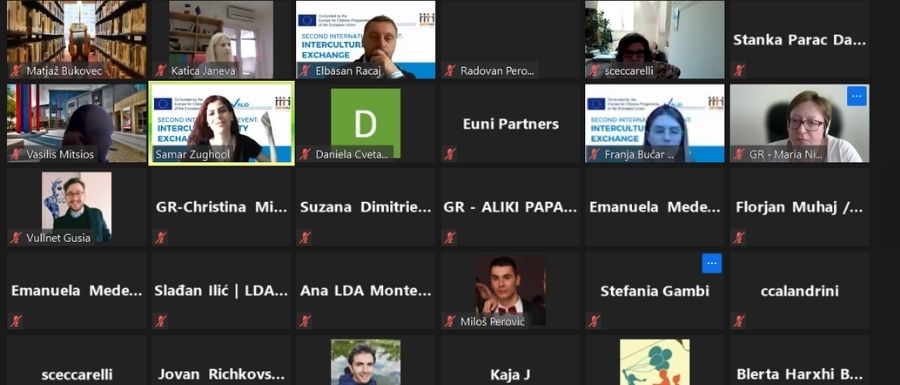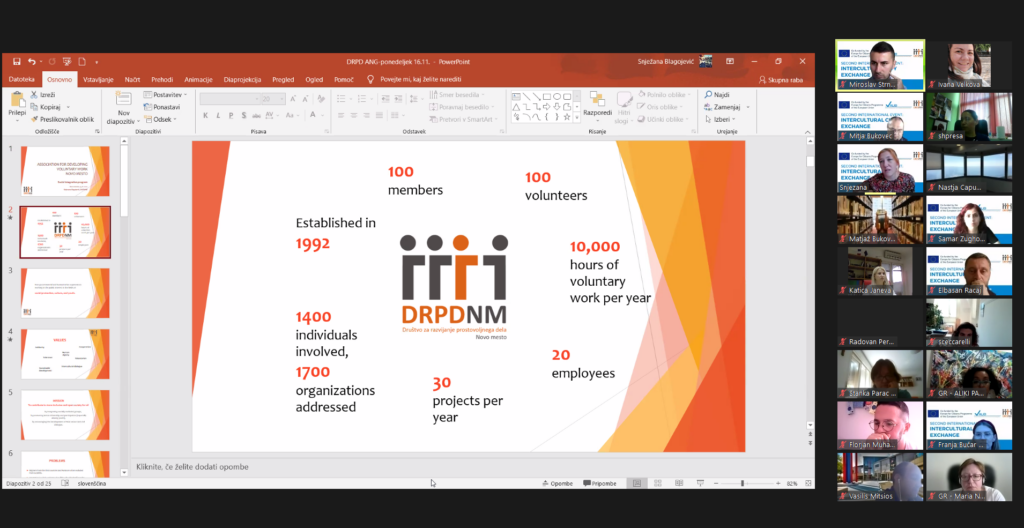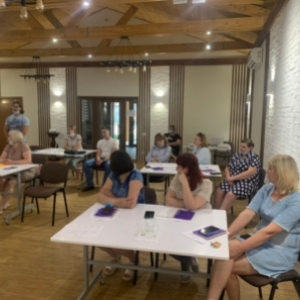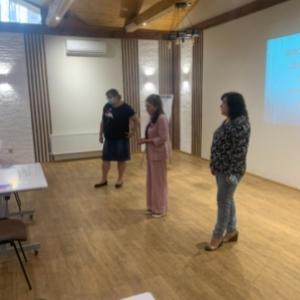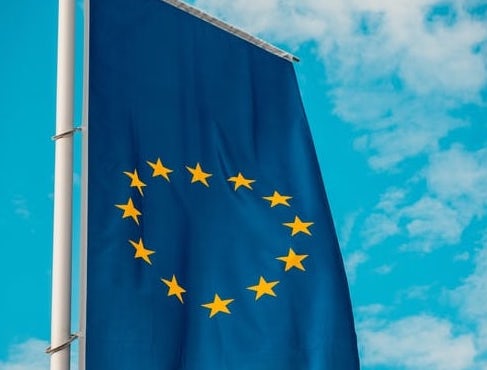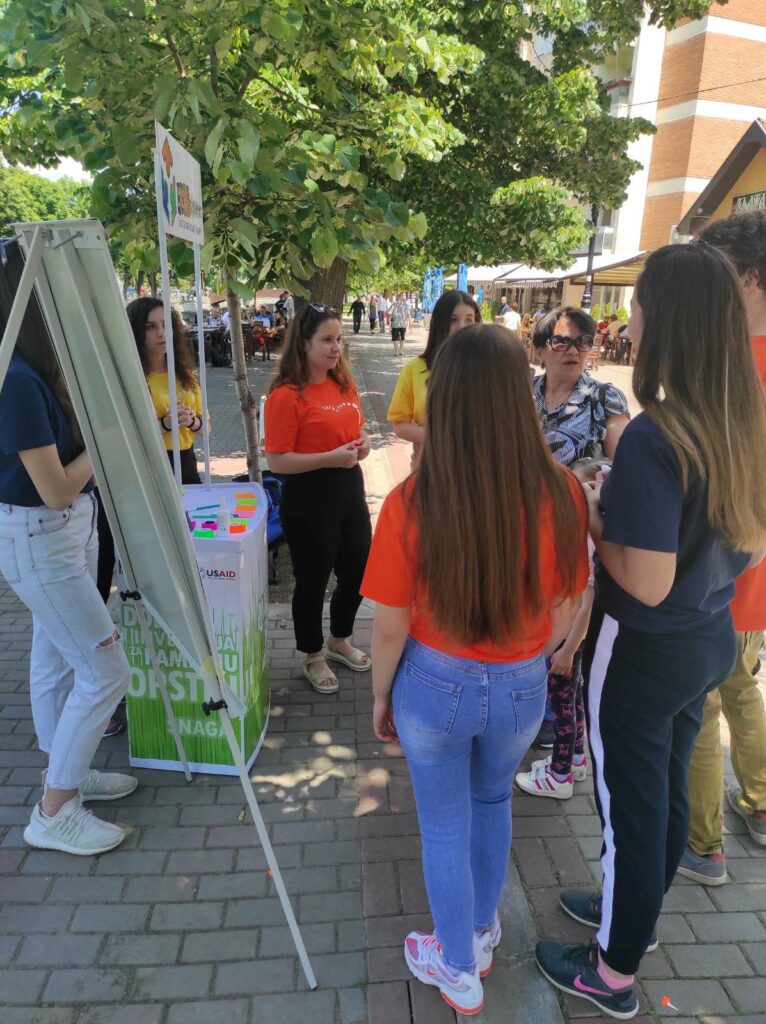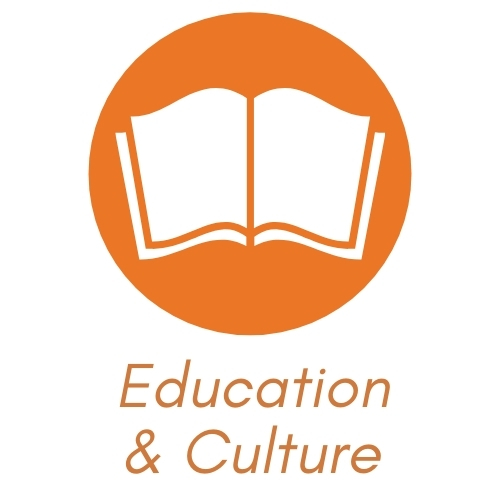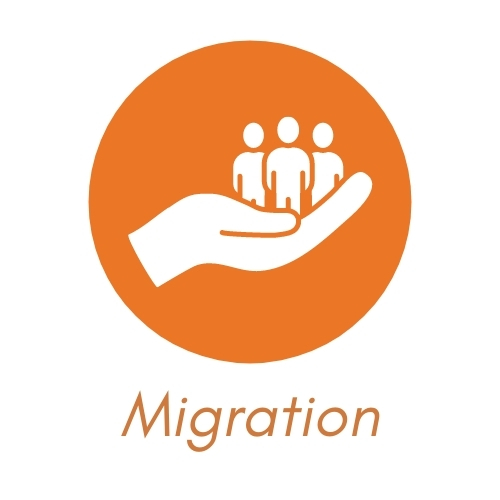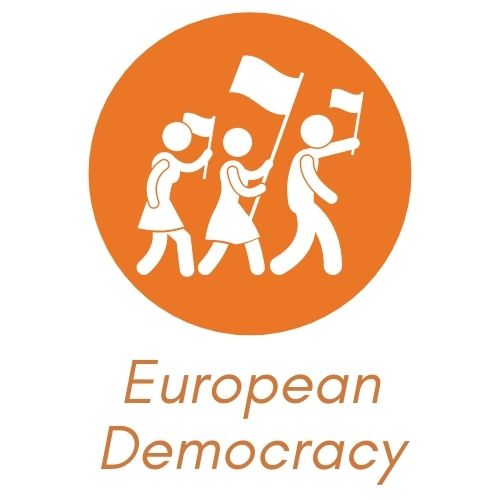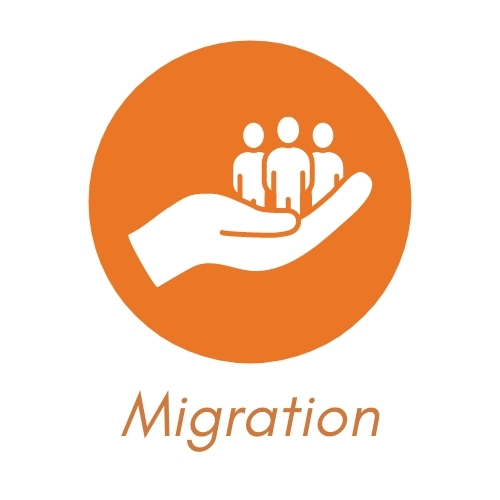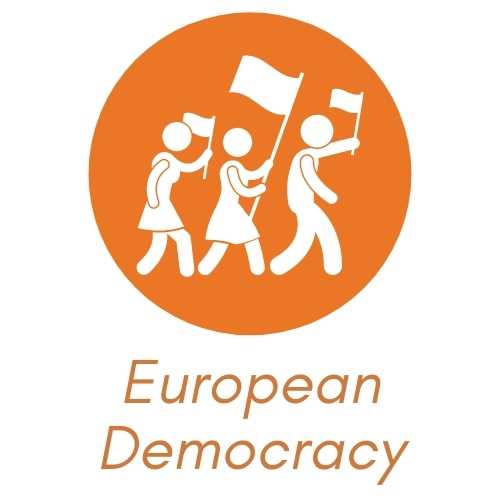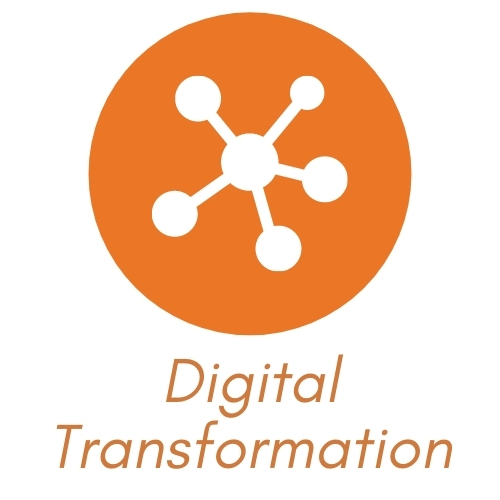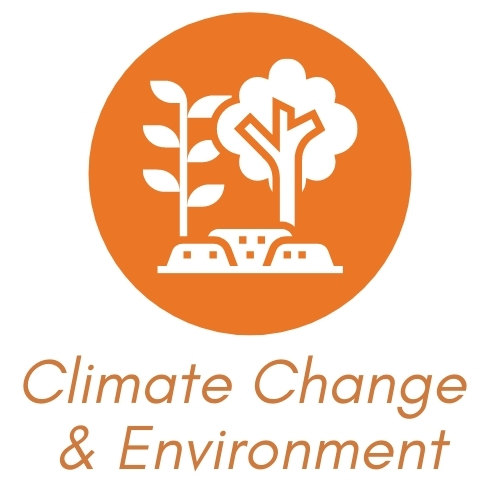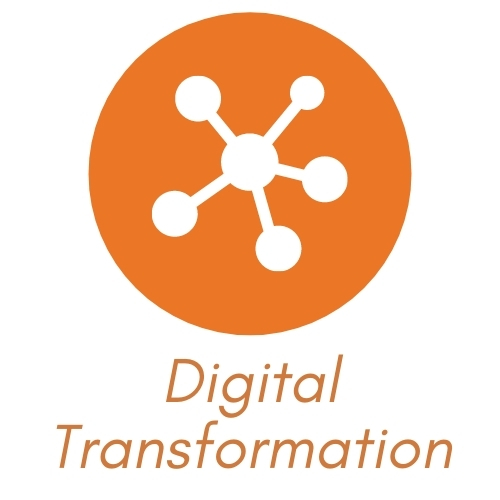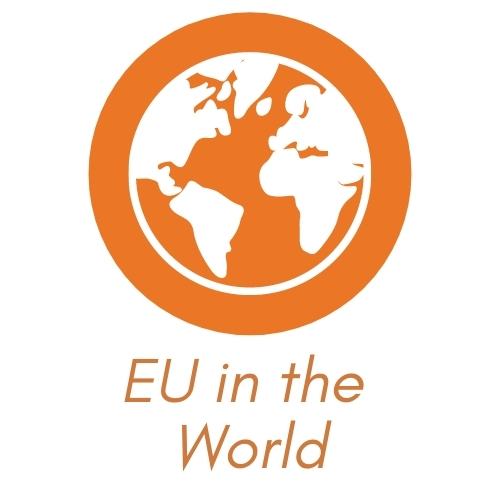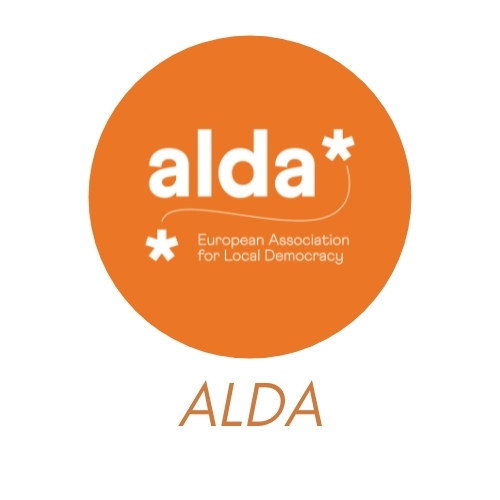On June 9th, ALDA held its 4th and International Capacity Building Workshop within LIME project. The aim of this online event was to discuss the following topic “Migrants’ Labour inclusion: Networks, Cluster Activation and Consolidation” at the European level. In order to do so, various speakers from Italy, Spain, France and Belgium took the floor to discuss two main topics:
- The self-entrepreneurship and how to set-up a business;
- The vocation training for migrants’ labour inclusion into the labour market.
Dolinda Cavallo, Project Manager of the LIME project at ALDA, moderated the event, making it participatory and alive through interactions; exchange of ideas; and sharing of experiences from the participants especially as far as migrants’ labour inclusion concerns.
Besides, the workshop was also the opportunity to discover the LIME project in detail. Loredana Gionne, Head of Cooperation and Co-development Department from CIES Onlus, presented the project, the partners and the two pilot actions in Spain and Italy. The latter two countries highlighted the following good results:
- In Madrid: 49 participants were trained in the catering sector, 10 were involved in the training on the job, 7 had a job contract after the training. In the end, 14 beneficiaries have found a job without the training on the job!
- In Rome: 28 participants were trained in the soft skills, 5 trained in technical skills, 12 involved in the training on the job; 14 were involved in the enterprise path, 1 got involved in the national civilian service and last but not least, 1 start-up was established!
The event was the occasion to present the “MEIC – Migrants Economic Integration Cluster methodology”
Afterwards, the event was also the occasion to present the “MEIC – Migrants Economic Integration Cluster methodology” implemented in these two pilot projects and set up within the scope of the LIME project. Considering that half of the participants were not familiar with the concept of cluster and more particularly the “cluster network”, Folco Cimagalli, Full Professor of Sociology of Migrations at LUMSA University presented this paramount notion to promote the swift integration of migrants into the labour market. The presentation focused especially on how the pilot actions in Rome and Madrid implemented this concept and established sustainable clusters of private and public stakeholders.
Moreover, Rossana Cerbone from Confcooperative Roma tackled the issue of “Self-entrepreneurship and social enterprise”, by explaining the methodology and the training path developed by her association. During the pilot action in Rome, Confcooperative Roma identified two main start-ups that could turn into reality: a pastry shop and a cooperative. Specifically, Confcooperative Roma helped them to draft a business plan and to implement their projects. Besides, based on these two examples, the Cooperative illustrated the reasons why migrants should start their own businesses, and more particularly cooperative.
More into depth, access to funding represents a effective tools to allow migrants to create their own start-ups. This specific topic was discussed by David Taquin, from MicroStart. Thus, he introduced the work and missions of MicroStart in helping migrants to create their business while having access to funding. MicroStart works to overcome these obstacles through the implementation of supporting tools, individual coaching sessions, interest-free microcredits, and much more. In order to do so, Microstart has developed partnerships with several public and private stakeholders; which again highlights the importance of networks.
As above-mentioned, the second part of the event focused on “Vocational Training & Migrants labour inclusion into the labour market”. Ivan Toscano, from Cnos Fap, addressed the need to endorse a comprehensive multi-sectoral approach, while emphasising the potential of VET to foster third country nationals integration. Similarly, Margherita Valori from CIES Onlus illustrated the “good labour insertion methodologies”, insisting on the use of a narrative and biographical approach when it comes to migrants’ labour inclusion. Furthermore, in order to guarantee the effectiveness of interventions, the following aspects are needed: monitoring actions, direct assistance actions, preventive actions, tutoring, and individual coaching.
The discussion then tackled the second country earlier-mentioned: Spain. Berta Ruisanchez from the Spanish association Pinardi, addressed the role of enterprises in improving the migrants’ labour inclusion, and how companies and NGOs should work hand in hand. She presented the toolkit developed by the association in order to raise awareness among enterprises about migrant workers, and to fight stereotypes that often appear as major obstacles to their good integration.
From Spain to France, we met Chloé Schmitt from Kodiko and discovered their “refugee-employee” co-training programme in companies. While presenting their approach, she also emphasised the importance of raising awareness among enterprises and providing them training about stereotypes, cultural differences, etc, and to link their actions with the concept of corporate sustainability and responsibility. The work of Kodiko relies on strong partnerships with enterprises, institutional actors and other NGOs; which was a perfect example of a cluster network.
To conclude the workshop, Cristiana Di Pietro from LUMSA University introduced the EU recommendation paper they will draft, and reminded us how these types of workshops and shared moments are paramount to better understand how the model of cluster network can be improved and thus better used in the future to promote the swift integration of third countries nationals into the labour market.
ALDA is very pleased to host the LIME Project next meeting within its General Assembly week from June 19th until 25th 2021
